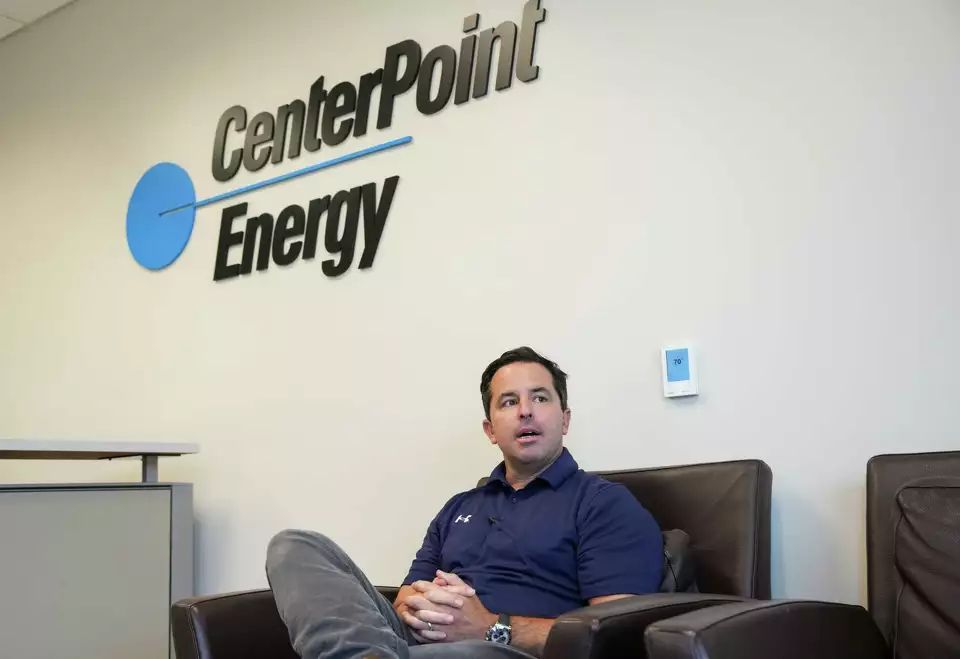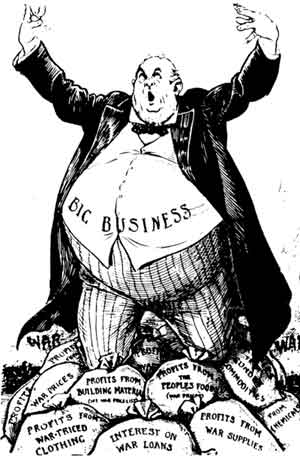
The world of education is, once again, being tested by forces outside the school hallways. The most recent skirmish is President Donald Trump’s administration cutting another $450 million in grants to Harvard University after the Ivy League school pushed back against government allegations that it’s a hotbed of liberalism and antisemitism.
In a letter to Harvard, a federal antisemitism task force said the school will lose grants from eight federal agencies in addition to $2.2 billion that was previously frozen by the Trump administration. The letter said Harvard has become a “breeding ground for virtue signaling and discrimination” and faces a “steep, uphill battle” to reclaim its legacy as a place of academic excellence.
This isn’t just taking place nationally, Texas Lt. Governor Dan Patrick is taking state universities to task. He recently threatened that institutions of higher education would get less funding if they don’t “kick DEI out of their schools.” Both the House and the Senate shared their state budget proposals, with both versions eliminating the institutional enhancement fund that provided $423 million to Texas universities in the last budget cycle to provide the proverbial “slap upside the head” for universities to pay attention.
Patrick has long embraced conservative dissatisfaction in higher education, accusing universities of indoctrinating students with leftist beliefs. Texas was one of the first states to ban DEI offices and programs in public universities, all with Patrick’s full support.
It’s not the first-time higher education has butted heads with authorities who tried to dictate what is being taught. The Condemnations at the medieval University of Paris in 1201 were put in place by the Bishop of Paris to curb certain teachings as being heretical by the church, who at the time could be considered as powerful as any government.
The writings of several medieval scholars were condemned, apparently for pantheism (the belief that reality, the universe, and nature are identical to divinity or a supreme entity). It also stated that: “neither the books of Aristotle on natural philosophy nor their commentaries are to be read in Paris in public or secret, and this we forbid under penalty of excommunication.”
The debate on what should be taught is not only taking place in higher education, but also in grades K-12. What books are appropriate to be used and including a poster of the Ten Commandments to be included in every classroom are just some of the key issues teachers and students face.
Texas recently enacted a new law allowing public funds to be used for private school tuition through education savings accounts, commonly known as school vouchers. Senate Bill 2 will begin with the 2026-27 school year and will initially have a $1 billion cap but could potentially grow to $4.5 billion per year by 2030.
Texas Attorney General Ken Paxton (who is now running for U.S. Senate attempting to unseat Texas Senator John Cornyn) said in a statement “this universal school choice bill is a historic step in ensuring that students will have the freedom to seek the educational option that is right for them, not be trapped in schools that fail to meet their academic needs.”
The question that begs to be raised is why the state is not meeting students’ academic needs in the first place. Texas, which is led by the Republican party, does not seem to be interested in taking responsibility for poor performance grades but rather point the finger toward woke agendas and democratic cities.
According to the Nation’s Report Card, a resource offering a common measure of student achievement, the average reading score for Texas eighth graders was significantly lower than the national average in 2024. The nation’s average reading scores also declined for both fourth and eighth grade, with only three states scoring lower than Texas in both grades.
Texas Governor Greg Abbott has long supported using tax-payer vouchers to help families place their children in private schools saying “gone are the days that families are limited to only the schools assigned by government. The day has arrived that empowers parents to choose the school that is best for their child.”
You really don’t have to wonder why people don’t have confidence in Texas teaching their children. The track record of the Texas legislature has in dealing with power grid outages and lottery shenanigans have left many of us wondering who is minding the store.
And, if all that isn’t enough, Rep. Stan Gerdes introduced a bill known as the Furriers Act (with the support of the governor and speaker of the house), which would ban non-human behaviors in public schools, including the use of litter boxes. Never mind the fact that he could not prove or point to a single incident of this occurring anywhere.
The tide of attacking education may be turning (at least in some parts of Texas). Several local independent school districts recently held board of trustees’ election with many conservatives losing their seats and the public calling for the removal of policies regarding book bans and transgender students that were once championed.
Society can be like a pendulum that swings back and forth. For the last several years, that pendulum has swung to the far right but maybe it’s time for it to come back to the middle and not focus on politically motivated policies such as book banning or litter boxes but focus on policies that directly help students.







